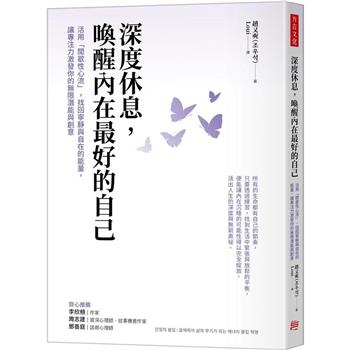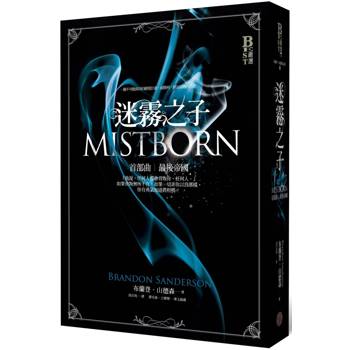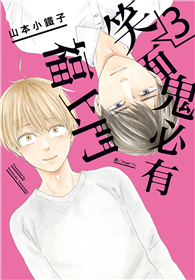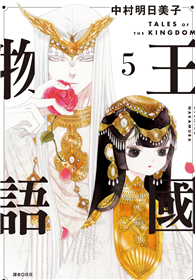Amid early twentieth-century China’s epochal shifts, a vital and prolific commercial publishing industry emerged. Recruiting late Qing literati, foreign-trained academics, and recent graduates of the modernized school system to work as authors and editors, publishers produced textbooks, reference books, book series, and reprints of classical texts in large quantities at a significant profit. Work for major publishers provided a living to many Chinese intellectuals and offered them a platform to transform Chinese cultural life.
In The Power of Print in Modern China, Robert Culp explores the world of commercial publishing to offer a new perspective on modern China’s cultural transformations. Culp examines China’s largest and most influential publishing companies—Commercial Press, Zhonghua Book Company, and World Book Company—during the late Qing and Republican periods and into the early years of the People’s Republic. He reconstructs editors’ cultural activities and work lives as a lens onto the role of intellectuals in cultural change. Examining the distinct Chinese modes of industrial publishing, Culp explains the emergence of the modern Chinese intellectual through commercial and industrial processes rather than through political revolution and social movements. An original account of Chinese intellectual and cultural history as well as global book history, The Power of Print in Modern China offers new perspectives on the production of new forms of knowledge and culture in the twentieth century.
| FindBook |
有 1 項符合
The Power of Print in Modern China: Intellectuals and Industrial Publishing from the End of Empire to Maoist State Socialism的圖書 |
 |
The Power of Print in Modern China: Intellectuals and Industrial Publishing from the End of Empire to Maoist State Socialism 作者:Culp 出版社:Columbia Univ Pr 出版日期:2019-05-28 語言:英文 規格:精裝 / 15.2 x 22.9 x 3.2 cm / 普通級 |
| 圖書館借閱 |
| 國家圖書館 | 全國圖書書目資訊網 | 國立公共資訊圖書館 | 電子書服務平台 | MetaCat 跨館整合查詢 |
| 臺北市立圖書館 | 新北市立圖書館 | 基隆市公共圖書館 | 桃園市立圖書館 | 新竹縣公共圖書館 |
| 苗栗縣立圖書館 | 臺中市立圖書館 | 彰化縣公共圖書館 | 南投縣文化局 | 雲林縣公共圖書館 |
| 嘉義縣圖書館 | 臺南市立圖書館 | 高雄市立圖書館 | 屏東縣公共圖書館 | 宜蘭縣公共圖書館 |
| 花蓮縣文化局 | 臺東縣文化處 |
|
|
圖書介紹 - 資料來源:博客來 評分:
圖書名稱:The Power of Print in Modern China: Intellectuals and Industrial Publishing from the End of Empire to Maoist State Socialism
|











